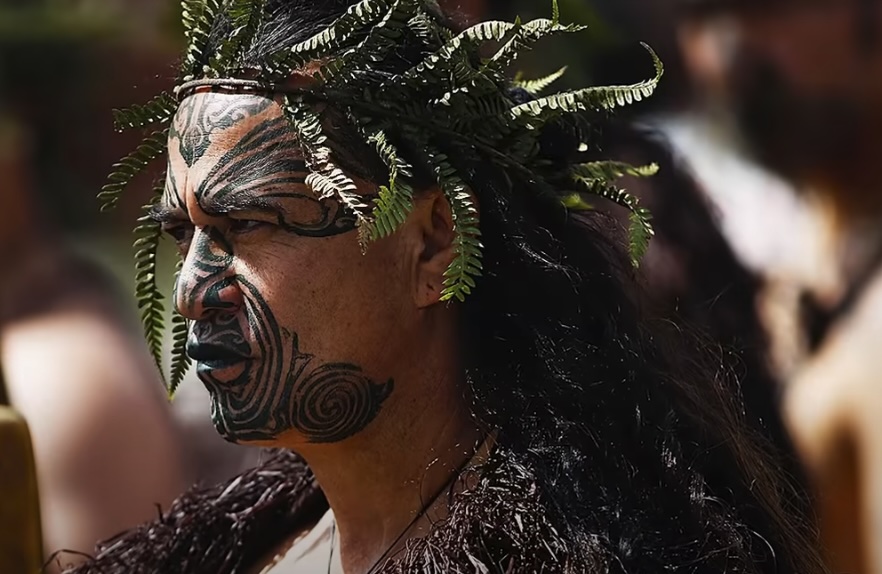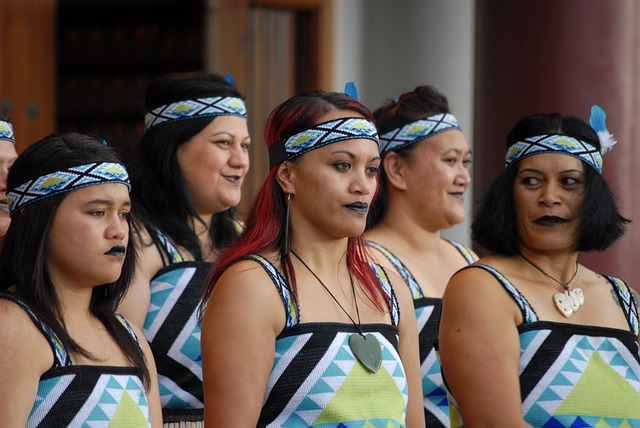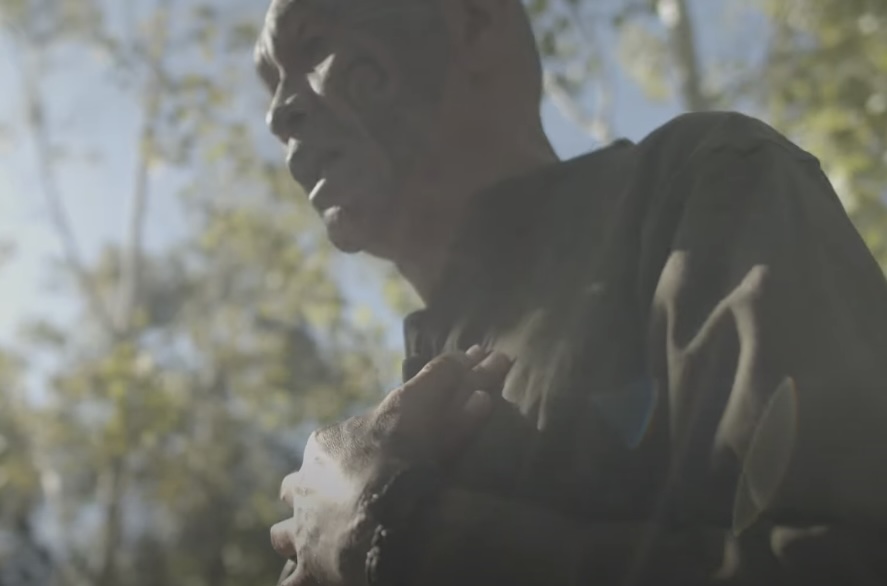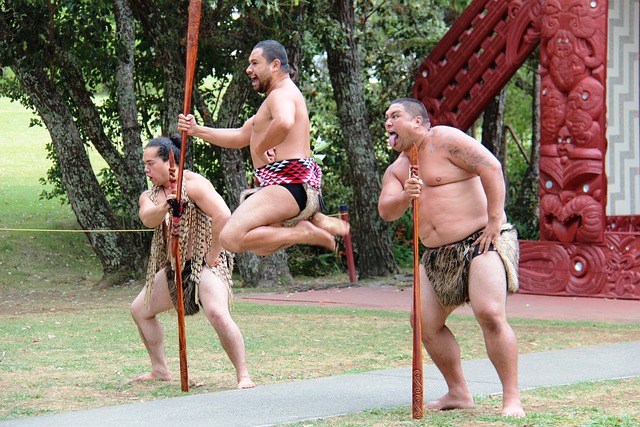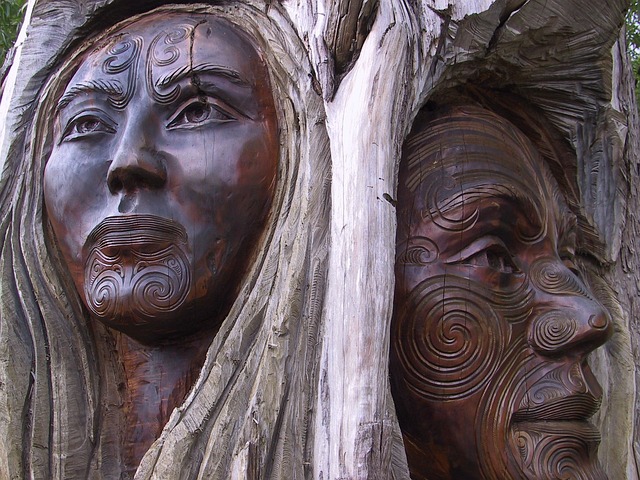Maori warrior names carry significant cultural and historical importance among the indigenous Maori people of New Zealand. These names are more than mere identifiers; they encapsulate the heritage, valor, and spirit of the warriors who bore them. This article delves into the world of Maori warrior names, exploring their origins, meanings, and the lasting legacy they hold in Maori culture.
The Role of Names in Maori Culture
In Maori society, names are bestowed with great care and thought, as it is believed that the name influences the destiny of the individual. Maori warrior names, in particular, are chosen to reflect the qualities that are admired in a warrior such as strength, bravery, and leadership. Let’s delve into the key elements that comprise Maori warrior names.
Whakapapa (Genealogy)
In Maori culture, whakapapa, or genealogy, serves as the cornerstone of identity and belonging. The naming of Maori warriors reflects this deep-rooted connection to ancestry in the following ways:
- Ancestral Lineage: Maori warrior names often trace their origins back through generations, honoring the familial ties that bind individuals to their whakapapa.
- Legacy Preservation: Through names, the legacies of esteemed ancestors are perpetuated, ensuring that their wisdom, valor, and accomplishments endure.
- Cultural Continuity: Names serve as conduits for cultural continuity, bridging the past, present, and future by affirming the intergenerational bonds within Maori communities.
An example of a Maori warrior name steeped in whakapapa is “Te Rangihiroa,” which denotes a deep reverence for celestial ancestors and celestial realms.
Atua (Spiritual Guardians)
In Maori cosmology, the spiritual realm is inhabited by powerful atua, or deities, who exert influence over various aspects of existence. The naming of Maori warriors often invokes these spiritual guardians through:
- Divine Protection: Warrior names imbued with references to atua seek divine protection and guidance, acknowledging the interconnectedness between mortals and the supernatural.
- Symbolic Attributes: Atua embody specific virtues and qualities that warriors aspire to emulate, such as courage, wisdom, and fortitude.
- Cultural Beliefs: Naming practices reflect cultural beliefs in the symbiotic relationship between humans and the spiritual realm, reinforcing the importance of spiritual alignment in all endeavors.
An exemplary Maori warrior name inspired by atua is “Tangaroa-whakamautai,” paying homage to the god of the sea and his dominion over oceanic realms.
Natural Elements
The natural world holds profound significance in Maori culture, serving as a wellspring of inspiration and symbolism for warrior names:
- Animals and Creatures: Warriors may be likened to formidable creatures such as birds of prey, apex predators, or mythical beasts, symbolizing strength, agility, and resilience.
- Geographical Features: Names may incorporate references to majestic landscapes, sacred mountains, or expansive forests, evoking a sense of connection to the land and its elemental forces.
- Seasons and Elements: Elemental motifs such as fire, water, earth, and air are prevalent in warrior names, reflecting the dynamic interplay between human existence and the natural world.
An illustrative Maori warrior name rooted in natural elements is “Hinewai,” meaning “water maiden,” evoking the fluidity and adaptability of flowing rivers and streams.
Exploring Famous Maori Warrior Names
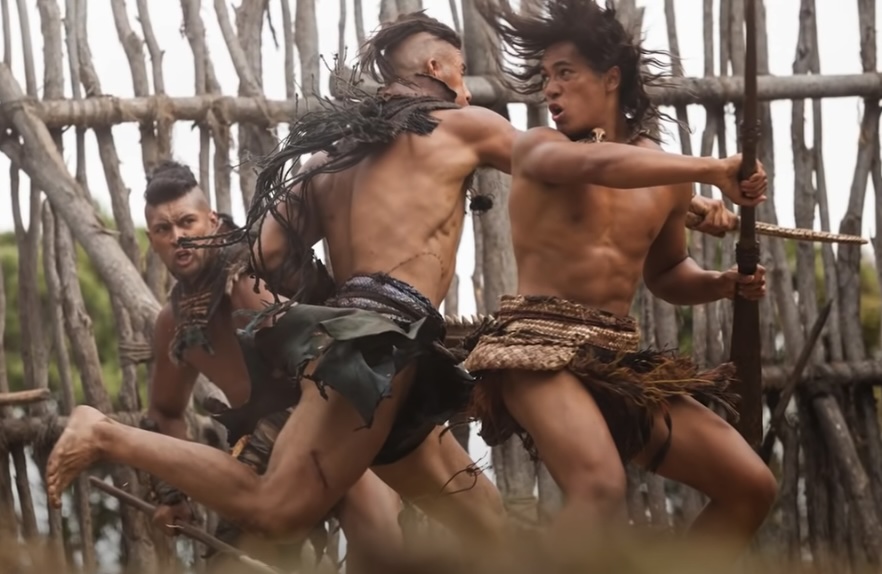
Let’s take a closer look at some renowned Maori warrior names and the stories behind them:
Te Rauparaha
Te Rauparaha, a chief of the Ngāti Toa tribe, is celebrated for his tactical prowess during the 19th century Musket Wars:
- Tactical Brilliance: Renowned for his exceptional strategic acumen and innovative military tactics that altered the course of many battles.
- Tribe Leadership: Commanded the Ngāti Toa with unwavering courage and profound conviction during times of great upheaval and change.
- Enduring Legacy: His remarkable achievements and strategies are remembered and honored through oral tradition, cultural events, and historical studies.
Hongi Hika
Hongi Hika, a paramount chief of the Ngāpuhi tribe, left an indelible mark on Maori history:
- Strategic Vision: Early recognized the transformative impact of firearms on Maori warfare and diplomacy, integrating them into his battle strategies.
- Warrior Spirit: Led Ngāpuhi forces with unmatched courage and relentless tenacity, often turning the tide of conflicts.
- Historical Impact: His actions and decisions significantly shaped the colonial dynamics of New Zealand in the early 19th century, influencing subsequent historical narratives.
Te Kooti
Te Kooti, a leader of the Ringatu faith, stood as a beacon of resistance against colonial forces:
- Spiritual Leadership: Inspired Maori communities with his profound religious teachings and visionary spiritual leadership, fostering unity and resilience.
- Armed Resistance: Orchestrated and led a series of bold raids and effective guerrilla warfare tactics against European armies, symbolizing defiance and resistance.
- Cultural Legacy: Made enduring contributions to Maori spirituality and cultural identity, ensuring the preservation of unique cultural elements amidst colonial pressures.
These names are celebrated for their powerful associations and the legendary figures they represent, each echoing the valor and spirit of the warriors of the past.
Significance and Impact of Warrior Names in Modern Times
Maori warrior names are not only historical relics but also serve as a source of inspiration and identity for Maori people today. They are used in various cultural practices, including:
Ceremonial Occasions
Warrior names hold a central place in ceremonial practices, where they are invoked to honor ancestors and draw strength from their legacy:
- Haka Performances: During traditional haka performances, warrior names are chanted and celebrated, infusing the ritual with ancestral power and resilience.
- Cultural Ceremonies: From powhiri (welcoming ceremonies) to tangi (funeral rites), warrior names are invoked to honor the past and guide the present generation forward.
Art and Literature
The legacy of Maori warriors permeates through various forms of artistic expression, enriching Maori storytelling, poetry, and visual arts:
- Storytelling: Warrior names feature prominently in oral traditions and contemporary narratives, weaving tales of courage, sacrifice, and triumph.
- Poetry and Song: Poets and musicians draw upon the imagery and symbolism of warrior names to evoke the spirit of resilience and cultural pride.
- Visual Arts: From intricate carvings to vibrant paintings, Maori artists incorporate warrior names as motifs, honoring their enduring legacy in the cultural landscape.
Conclusion
Maori warrior names hold profound significance, weaving the fabric of history and tradition into the lives of the Maori people. They not only memorialize the heroic deeds of the past but also serve as a lasting legacy that continues to inspire and influence. The power and spirit encapsulated in these names highlight the rich cultural heritage of the Maori and offer insight into their revered traditions and values.
By exploring Maori warrior names, we gain a deeper appreciation for the complex tapestry of history and identity that defines Maori culture. These names are not just words; they are echoes of the past and beacons for the future, symbolizing the strength and resilience of the Maori people.
FAQ
Maori warrior names embody the traits and characteristics that are esteemed in Maori culture such as courage, leadership, and connection to the land and ancestors.
Names are typically chosen based on historical significance, desired qualities in the child, or after esteemed ancestors, ensuring the continuation of family legacy.
While Maori warrior names are deeply respected within Maori culture, their use by non-Maori individuals can be sensitive. It is important to understand the cultural significance and seek guidance from Maori community leaders.
